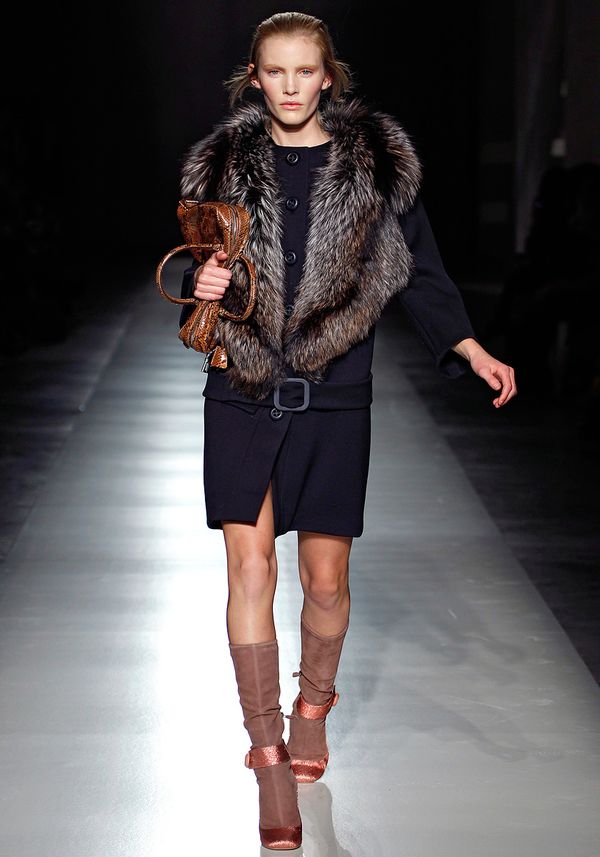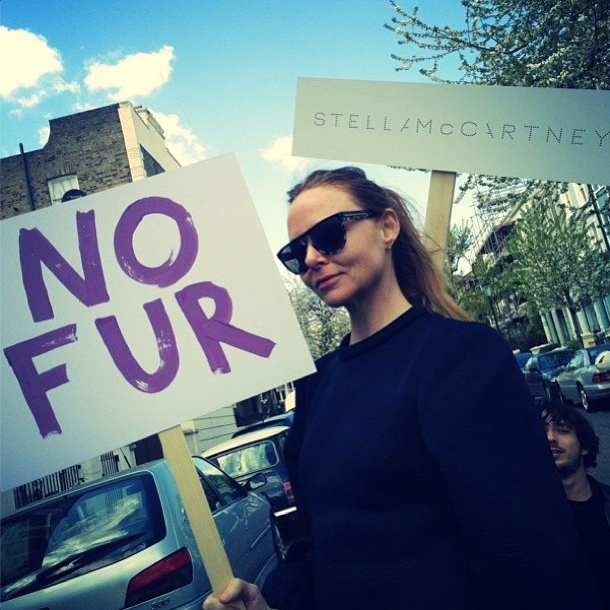It’s the biggest trend of 2019, and there are no signs of it slowing down. Veganism. Vegan food, vegan beauty, vegan fashion, vegan furniture, – vegan everything! You name it, it can be vegan.
Vegan fashion, which refers to the treatment of animals within the fashion industry, is not a new concept, it’s been around for decades. Recently, it’s made a resurgence since some of the biggest brands in fashion have banned fur in their collections. Since 2017, brands including Chanel, Coach, Gucci, Versace, Donna Karan, Michael Kors and Burberry have banned the use of fur, and more recently Prada announced it will no longer use fur in their products. Cue cheer- hooray!

SUSTAINABILITY VS VEGAN FASHION
Sustainability has become the most important responsibility in fashion and with climate change at the forefront of the political, social and environmental agenda, it has gained increased momentum in the industry. The notion has evolved from many separate issues and is used as an umbrella term to describe the movement against ALL the socio-environmental causes that make up the fashion industry, of which animal welfare, or vegan fashion is one.
However we must be careful not to delineate environmental and animal welfare issues as separate causes at odds with one another.
Veganism is a way of living which seeks to exclude, as far as is possible and practicable, all forms of exploitation of, and cruelty to, animals for clothing or any other purpose. In vegan fashion, this is done by promoting the use of plastic as an alternative to animal products. Plastic and the use of other petro-chemical derivatives have become one of the largest environmental issues of our time and one of the main reasons that the fashion industry is the second largest polluting industry in the world. Avoiding animal products by using plastic based alternatives is short sighted. The very animals we are fighting to protect depend on the environment we will destroy in the process, as do we.

There are many great initiatives towards vegan fashion which are focused on recycling old materials including plastic from landfill, oceans and discarded fashion wear. Yet even this is flawed in the long term as it depends on the creation of something for a limited use that isn’t biodegradable and will therefore ultimately add to the buildup of human waste. The good news is that it is a great step forward to improving and extending the life cycle of the materials we use which in turn reduces the waste we make.
Vegan fashion is undoubtedly a worthy cause. However, given the environmental movement against plastic and synthetic materials combined with the vegan movement against wool, leather and other animal based materials, we are quickly running out of options to make our clothes. Without innovation and collaboration we will soon be out of options because every option is a bad one. Read more on emerging alternative technologies for textiles in one of our previous articles, here.
Undoubtedly future generations will look back at the archaic methods and materials we currently use and wonder how we could have been so ignorant of our environment. In the meantime, we should think about veganism as part of sustainability, not as a separate cause. Unless all these causes work together they will only end up fighting each other while the ultimate goal of a circular model is never achieved.